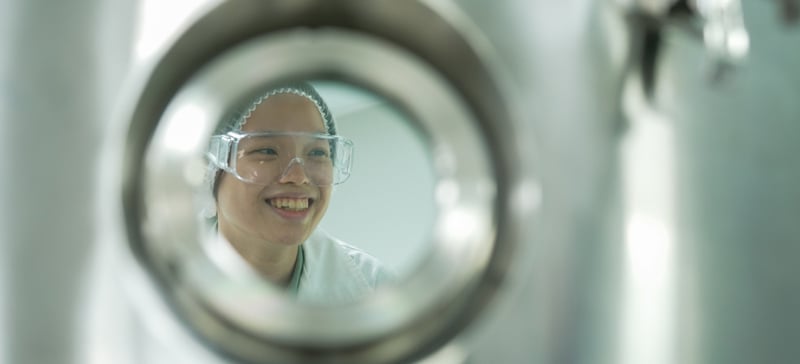From idea to impact, we innovate to reimagine what's possible
Ideas can come from anywhere, at any time, and by anyone. At Cargill, we are harnessing the power of what’s possible to deliver lifechanging solutions that will positively impact the world today and for generations to come. By partnering with customers across the industry, we can create a better world.
The future is calling and we’re ready to answer with solutions that nourish the world, sustain people and the planet and transform the way we meet the food and agriculture industry’s biggest challenges. It’s time to reinvent, redefine and reimagine what’s possible, together.
This is where the future of food and agriculture meet impact
Where we’re making news
Delivering value through innovation
For more than 150 years, companies have turned to Cargill for our scientific expertise and collaborative partnerships. We innovate with purpose, helping our customers reimagine the future of food and agriculture with solutions that are better for our health, the environment and people around the world.
Cargill, ENOUGH expands alternative protein partnership
Cargill invests in ENOUGH’s mycoprotein technology and plans to use and market its fermented protein.
20 innovations that give a glimpse into the future of food
Learn how we’re shaping the future of food with innovations that reimagine what’s possible across food and agriculture.
The 2024 Protein Profile: a look at the biggest trends
We’re sharing a comprehensive look at the biggest trends and predictions in protein for 2024 and beyond.
5 agriculture and food trends to be excited about in 2024
Cargill’s chief technology officer shares agriculture and food trends that are shaping the future.
From science to solution. Discover the future.
Innovation begins with innovators. Our global experts solve the food and agriculture industry’s biggest challenges. Applying deep science and the latest capabilities, we partner to meet the needs of our changing world.
20+
Key technologies and sciences
2,500
Global R&D experts
50+
10+
Major Innovation and R&D centers

Explore Innovation Careers at Cargill
Interested in an R&D or innovation opportunity at Cargill? View open roles to find out how you can join our team of professionals who are shaping the future. Our purpose to nourish the world drives our innovation, and we’re always pushing to develop the next big breakthrough. Regardless of your scientific background, there is a place for you at Cargill doing meaningful work with global impact.
